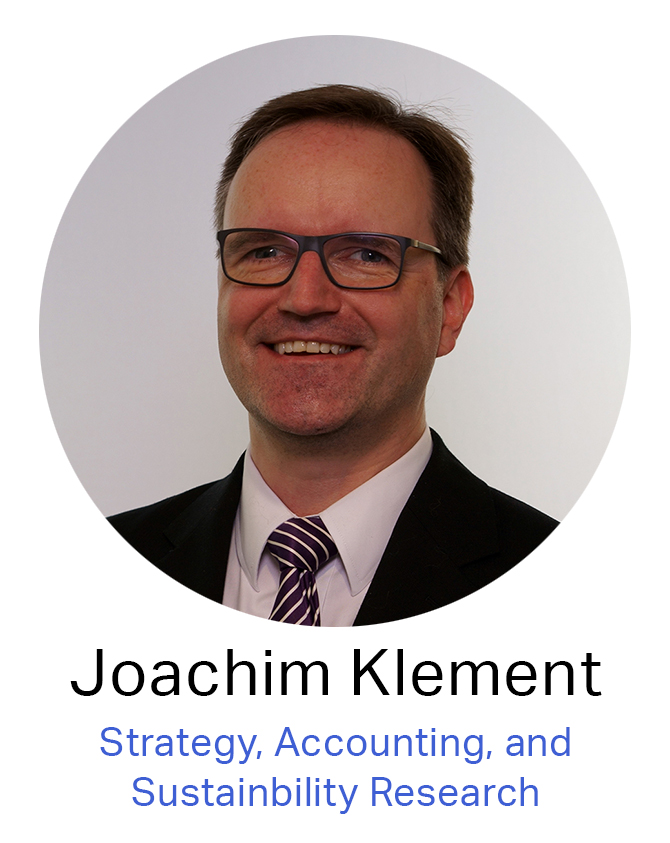Thought of the week – Second best is first to lose
Fund managers are constantly trying to gather assets for their funds. One good way to do that is to win prizes and be named “Fund of the Year” or “Fund Manager of the Year”. But, especially with retail investors, this can backfire.

Jerry Parwada and Eric Tan looked at the funds nominated for Morningstar’s “Fund Manager of the Year” award. This is not awarded based on some purely quantitative criteria. Instead, candidates for the prize are shortlisted based on past performance, performance consistency, and other factors. Essentially, 90% or more of the nominees have a four- or five-star fund rating from Morningstar. But once that shortlist has been established, Morningstar meets with the shortlisted fund managers in January of the following year to discuss their approach and finally select a winner.
And as far as the winner is concerned, Parwada and Tan found no evidence that it is simply the best-performing fund that gets the prize. In fact, past performance is a significant contributor to being selected for the shortlist but insignificant to winning the award.
The interesting thing happens after the prize is awarded to a fund. The fund winning the award sees its inflows increase, which is exactly why fund managers want to win such awards. It is a confirmation of the high quality of the fund and a great marketing tool. But when they looked at the other nominees on the shortlist that didn’t win the award, the researchers found something troubling. Their fund flows reversed and these funds saw outflows after the winner was announced.
Remember that all of the nominated funds had a great performance and high rankings from Morningstar. Yet, when they missed out on the top spot, investors lost confidence and moved their money into other funds (and many presumably moved it to the winning fund). Participating in the awards but not winning turned out to be costly for the fund managers and backfired in terms of assets under management.
Note that this effect seems to be driven almost entirely by retail investors who are not as sophisticated as institutional investors, but it makes you wonder why fund managers, especially if they manage a lot of retail money, even bother to compete for such prizes. The chances of winning are small but if you don’t win, you are likely to lose money from your investors. It’s not the best of lotteries, in my view.
Thought of the Day features investment-related and economics-related musings that don’t necessarily have anything to do with current markets. They are designed to take a step back and think about the world a little bit differently. Feel free to share these thoughts with your colleagues whenever you find them interesting. If you have colleagues who would like to receive this publication please ask them to send an email to [email protected]. This publication is free for everyone.


